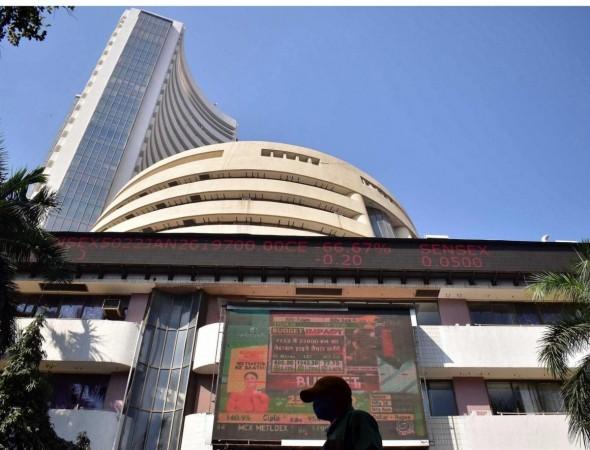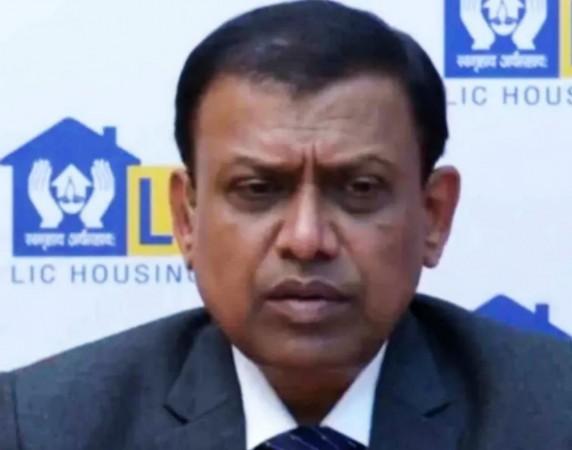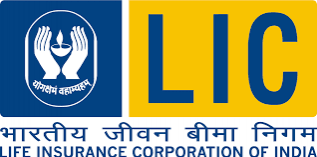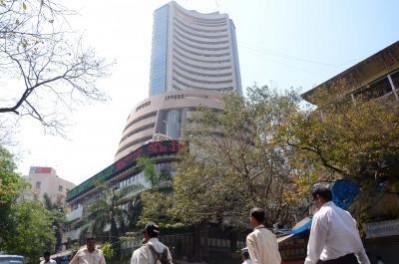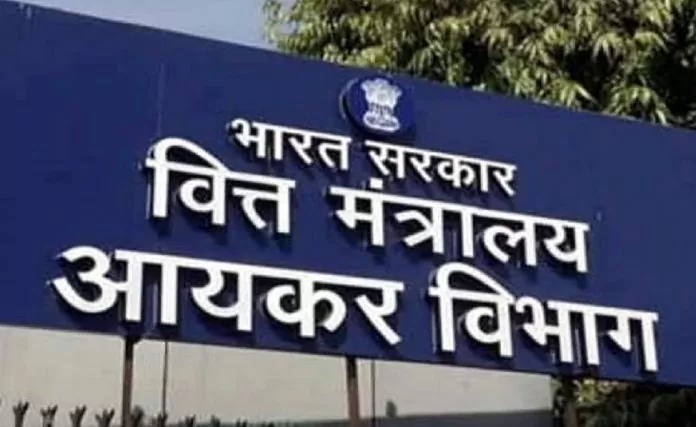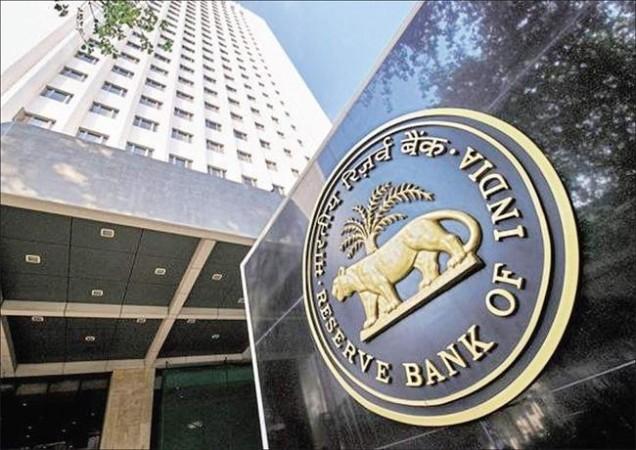
The recent amendments in priority sector lending (PSL) guidelines by the Reserve Bank of India (RBI) should further help the economy grow faster and fine tune the building blocks of the factors of productions, mainly the MSMEs, agri and allied sectors, housing and exports, etc, a report by SBI Research said on Wednesday.
The RBI this week issued revised guidelines on PSL to facilitate better targeting of bank credit to the priority sectors of the economy. The new guidelines will come into effect from April 1.
According to the report, the revised PSL guidelines cater to enhancement of several loan limits, including housing loans, for enhanced PSL coverage and broadening of the purposes based on which loans may be classified under ‘Renewable Energy’.
There is also a revision of the overall PSL target for urban cooperative banks (UCBs) to 60 per cent of Adjusted Net Bank Credit (ANBC) or Credit Equivalent of Off-Balance Sheet Exposures (CEOBSE), whichever is higher.
“The higher limits set in housing segment should give a fillip to low cost/affordable housing across various population cohort, in particular tier-IV/V/VI cities wherein the banks, along with non-bank players, can find their next gold mine given the surge in demand for own/individual housing post pandemic,” the report noted.
Explicit recognition and prioritisation of renewable energy within the PSL framework has alleviated credit constraints, thereby escalation in the share of non-conventional energy credit to the overall energy credit, encouraging credit flows to the NCE sector that witnessed significant policy interventions too, the SBI report mentioned.
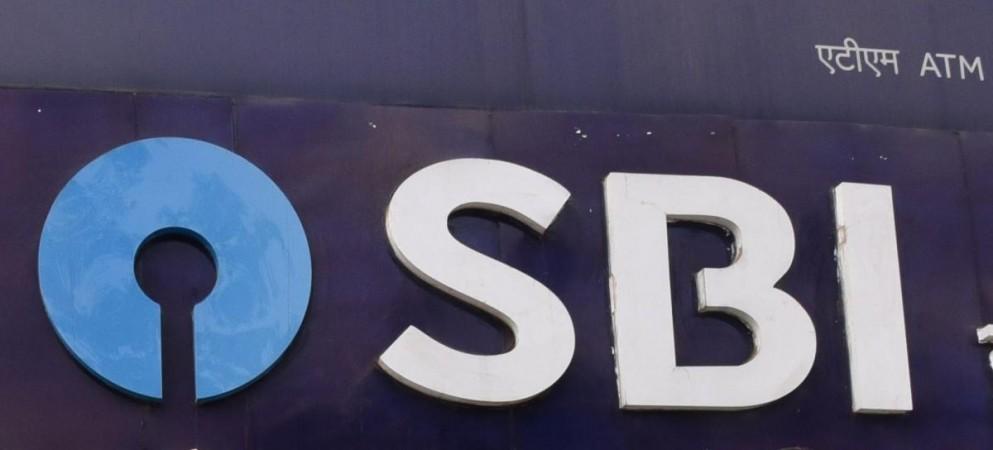
“As big banks continue facing problems in achieving PSL targets, it would be a prudent move to include all infrastructure loans given to Road projects, Port, Railways, Airports, Energy Sector Highways, etc. either as priority sector status or be exempt from calculation of ANBC for PSL achievement in line with infra bonds raised towards funding of infrastructure and affordable housing,” according to the report.
The RBI has also increased the loan limit for the repairs of damaged dwelling units in the revised circular.
This opens new opportunities for credit disbursement for FIs in one of the most secured niche areas, also lessening the burden on home-owners in search of liquidity to carry over the necessary repairs of their dwelling units in need and thus opens up a substantial market for credit off take, the report said.
With its 500 GW non-fossil fuel installed capacity target for 2030 and Net Zero target for 2070, India has embarked on one of the most extensive renewable energy expansions in the world.
On July 1, 2015, RBI had expanded the ambit of PSL norms to include loans up to Rs 15 crore to borrowers for purposes like solar-based power generators, biomass-based power generators, continue, micro-hydel plants and for non-conventional energy (NCE) based public utilities.
The limit was subsequently raised to Rs 30 crore per borrower on September 4, 2020.
In the recent guidelines, the limit was raised to Rs 35 crore per borrower. For individual households, the loan limit will continue to be Rs 10 lakh per borrower.
“Though the increase of Rs 5 crore appears to be small as compared to the revision made in last 2020 (five-year period), the small policy interventions definitely will go long way, for the NCE sector, to achieve dual objective of clean energy and PSL by boosting lending to the sector,” said the SBI report.
(With inputs from IANS)

